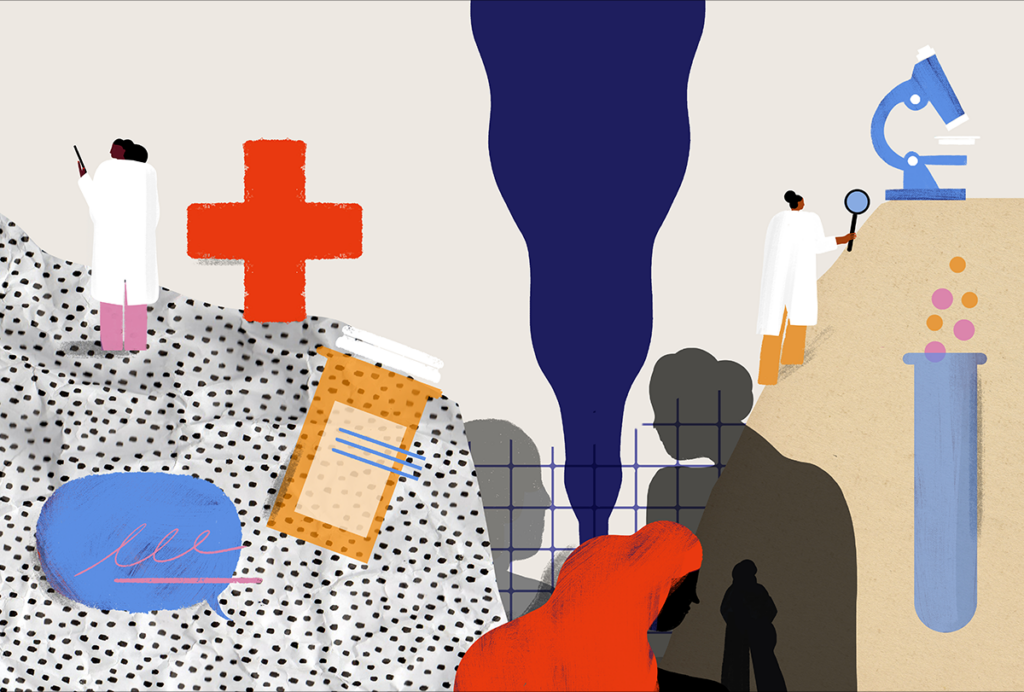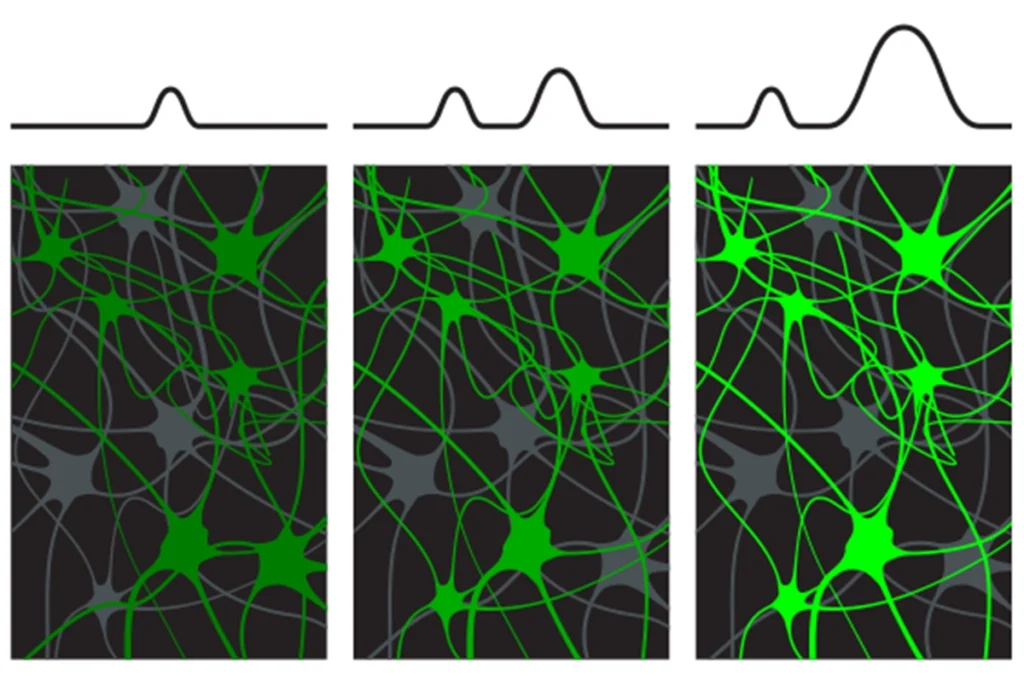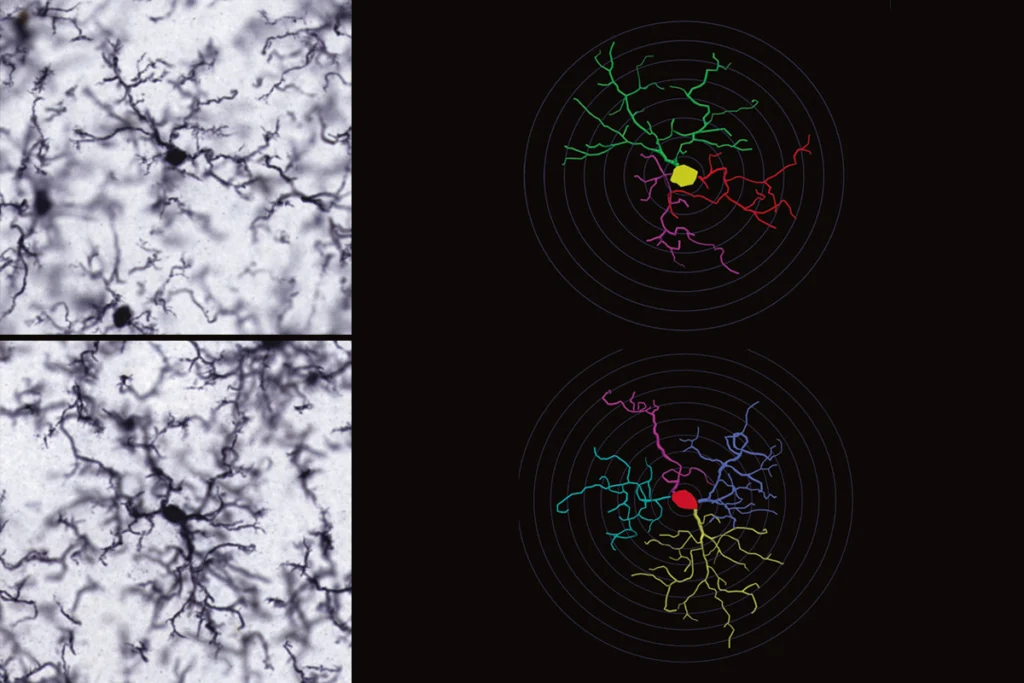Addiction
Recent articles
Neuroscientists need to do better at explaining basic mental health research
The knowledge gap between scientists, health-care professionals, policymakers and people with mental health conditions is growing, slowing the translation of basic science to new treatments. Like lawyers learning to present a case to the court, scientists should learn to educate nonscientists about their findings.

Neuroscientists need to do better at explaining basic mental health research
The knowledge gap between scientists, health-care professionals, policymakers and people with mental health conditions is growing, slowing the translation of basic science to new treatments. Like lawyers learning to present a case to the court, scientists should learn to educate nonscientists about their findings.
Striking a pose with Aya Osman
The neuroscientist and part-time fashion model opens up about the people who inspire her; her interest in science communication; and how she once ended up on a stage with Channing Tatum.

Striking a pose with Aya Osman
The neuroscientist and part-time fashion model opens up about the people who inspire her; her interest in science communication; and how she once ended up on a stage with Channing Tatum.
Cocaine, morphine commandeer neurons normally activated by food, water in mice
Confirming a long-held hypothesis, repeated exposure to the drugs alters neurons in the nucleus accumbens, the brain’s reward center, and curbs an animal’s urge for sustenance.

Cocaine, morphine commandeer neurons normally activated by food, water in mice
Confirming a long-held hypothesis, repeated exposure to the drugs alters neurons in the nucleus accumbens, the brain’s reward center, and curbs an animal’s urge for sustenance.
Temperament is innate but hackable, animal studies suggest
Emotional reactivity and vulnerability to stress are largely inherited in rodents — but can be modified in early life by targeting inflammation-related cells or even just adjusting an animal’s environment.

Temperament is innate but hackable, animal studies suggest
Emotional reactivity and vulnerability to stress are largely inherited in rodents — but can be modified in early life by targeting inflammation-related cells or even just adjusting an animal’s environment.
Explore more from The Transmitter
Smell studies often use unnaturally high odor concentrations, analysis reveals
It’s time to fashion olfactory neuroscience stimuli based on odor concentrations in the wild, say study investigators Elizabeth Hong and Matt Wachowiak.

Smell studies often use unnaturally high odor concentrations, analysis reveals
It’s time to fashion olfactory neuroscience stimuli based on odor concentrations in the wild, say study investigators Elizabeth Hong and Matt Wachowiak.
Developmental delay patterns differ with diagnosis; and more
Here is a roundup of autism-related news and research spotted around the web for the week of 14 April.

Developmental delay patterns differ with diagnosis; and more
Here is a roundup of autism-related news and research spotted around the web for the week of 14 April.
‘Natural Neuroscience: Toward a Systems Neuroscience of Natural Behaviors,’ an excerpt
In his new book, published today, Nachum Ulanovsky calls on the field to embrace naturalistic conditions and move away from overcontrolled experiments.

‘Natural Neuroscience: Toward a Systems Neuroscience of Natural Behaviors,’ an excerpt
In his new book, published today, Nachum Ulanovsky calls on the field to embrace naturalistic conditions and move away from overcontrolled experiments.